Comfort and Care Essentials for
Late-Stage Dementia
Comfort and Care
Essentials for
Late-Stage Dementia
What Can Help Someone with Late-Stage Dementia?
In the late stage of dementia, your loved one will need full-time care and support with daily activities. Communication may become limited, and they might not recognize family or familiar surroundings. Eating, moving, and personal care often require hands-on help.
As a caregiver or family member, this stage can be emotionally heavy. You may notice:
Limited or no verbal communication
Needing help with eating and swallowing
Difficulty with sitting, standing, or walking
Sleep pattern changes or increased sleeping
Vulnerability to infections
Needing complete help with bathing, dressing, and toileting
These changes can feel overwhelming, but your care matters deeply, even if your loved one cannot express it. Small moments of comfort and connection are still possible and meaningful.
Supportive products can help provide comfort, safety, and dignity during daily care. Soft therapy dolls and comforting companion pets can bring calm. Adaptive clothing and easy-grip utensils can simplify caregiving. Sensory items like soft blankets or textured lap pads can provide gentle reassurance and reduce anxiety.
Below, you’ll find a curated selection of comfort and care essentials for late-stage dementia to help bring peace and ease into everyday moments.

"Unlike most lists filled with Amazon-only products, this selection features handpicked items from specialized platforms trusted by caregivers, therapists, and dementia care professionals."
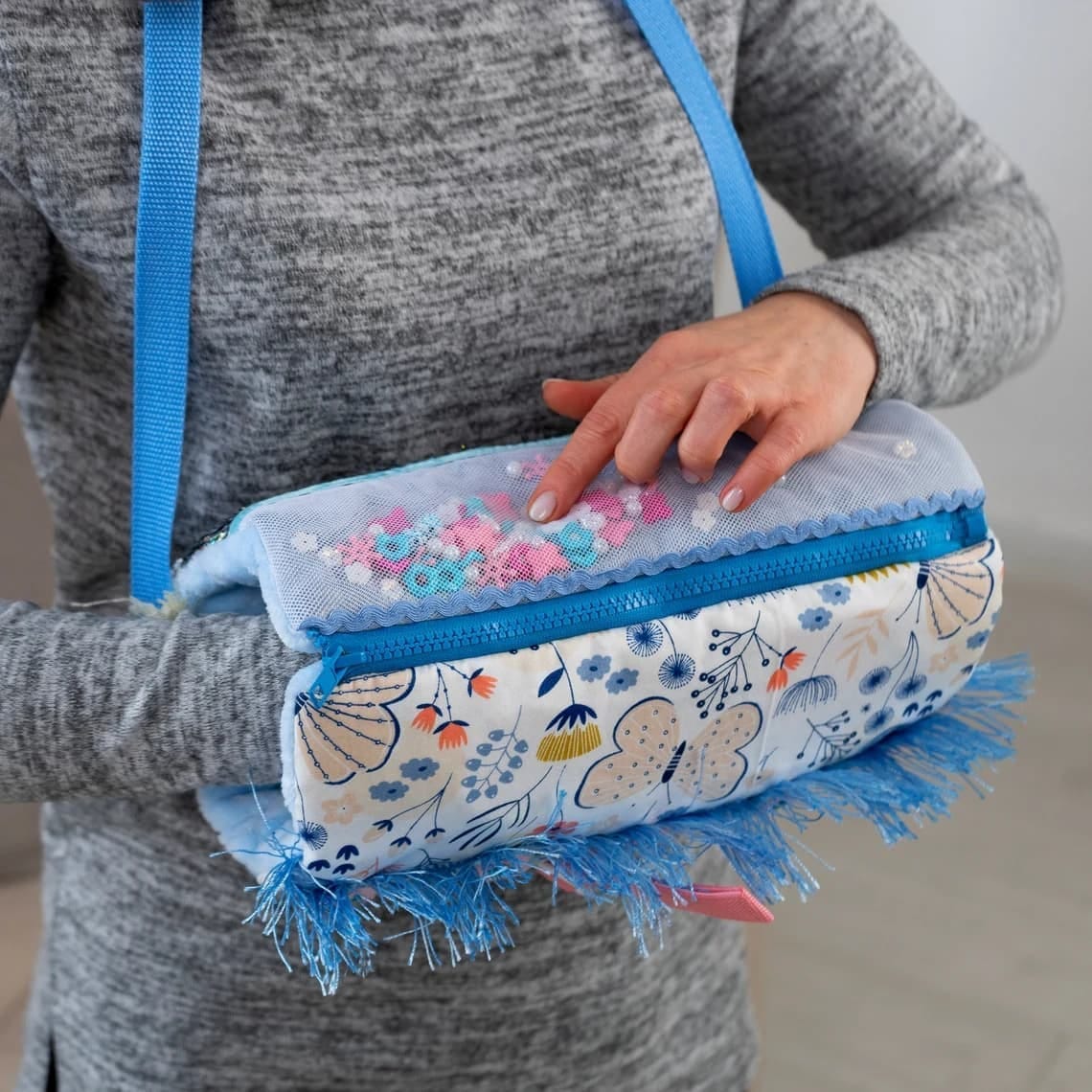
Twiddle Muff for Dementia & Alzheimer’s
Its soft, textured design features interactive elements that keep the hands busy while promoting calm and comfort.
⭐ 4.9 out of 5
(508 reviews)
🔗 Secure purchase via etsy.com
👉 Get It on Etsy
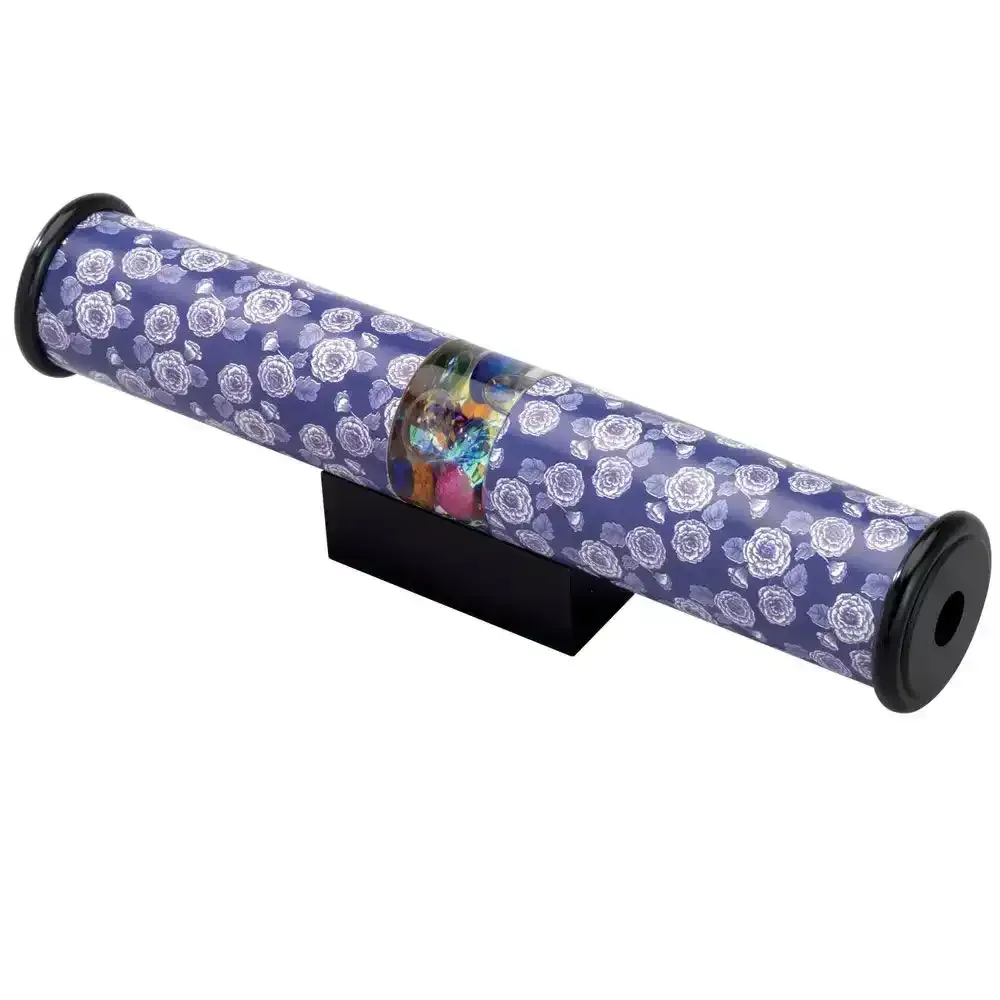
Two-Sided Liquid Kaleidoscope
Mesmerizing motion that gently captures attention and encourages calm focus.
⭐ 5 out of 5
(2 reviews)
🔗 Secure purchase via BitsAndPieces.com

Fidget Book for Adults with Dementia
Encourages fine motor skills and memory through tactile interaction—offering calm and a sense of purpose.
⭐ 4.9 out of 5
(508 reviews)
🔗 Secure purchase via etsy.com
👉 Get It on Etsy
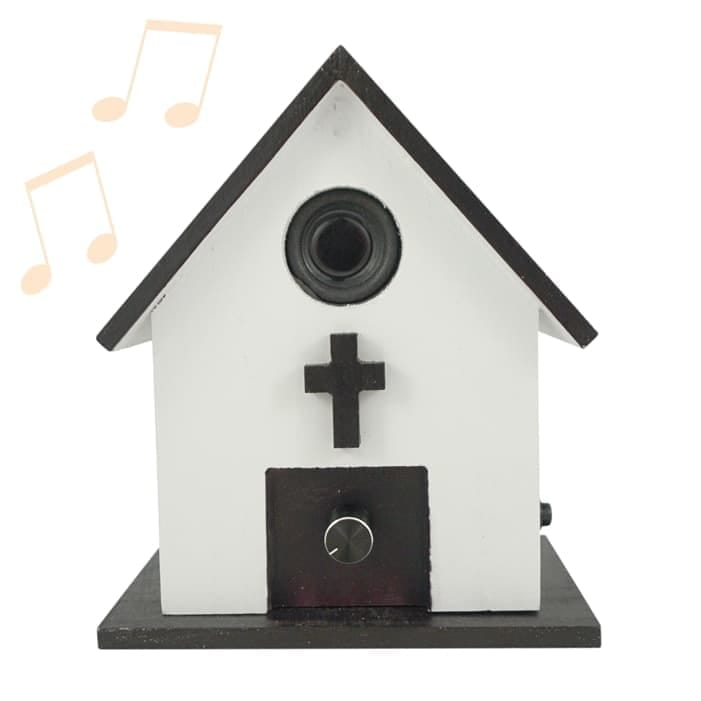
Little Church Simple Music Box Player
Activates autobiographical and emotional memory.
⭐ 5 out of 5
(111 reviews)
🔗 Secure purchase via Alzstore.com
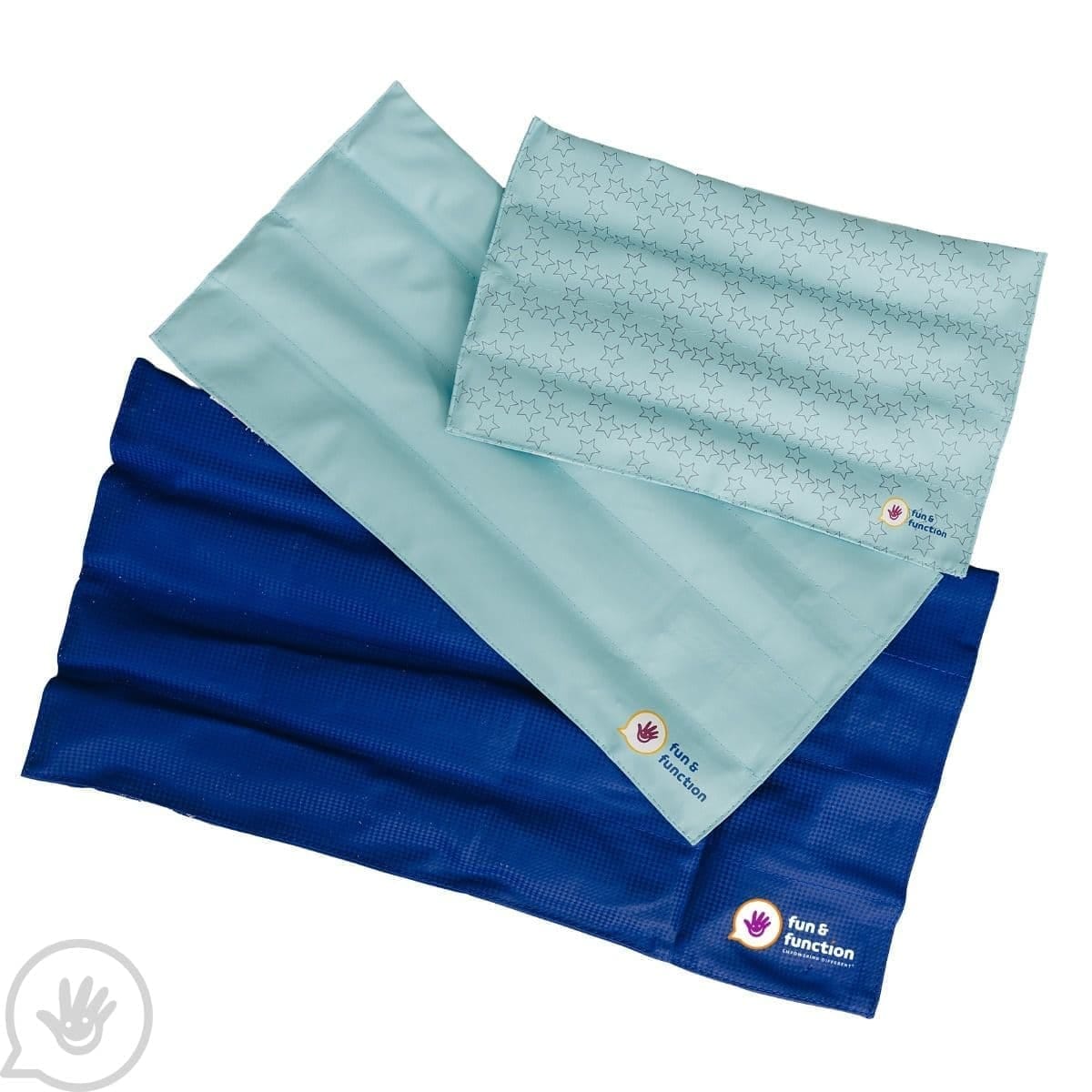
Weighted Lap Blanket for Adults
Offers gentle pressure that helps reduce anxiety and improve focus through calming sensory input.
⭐ 4.7 out of 5
(20 reviews)
🔗 Secure purchase via funandfunction.com
👉 Get It on Fun and Function
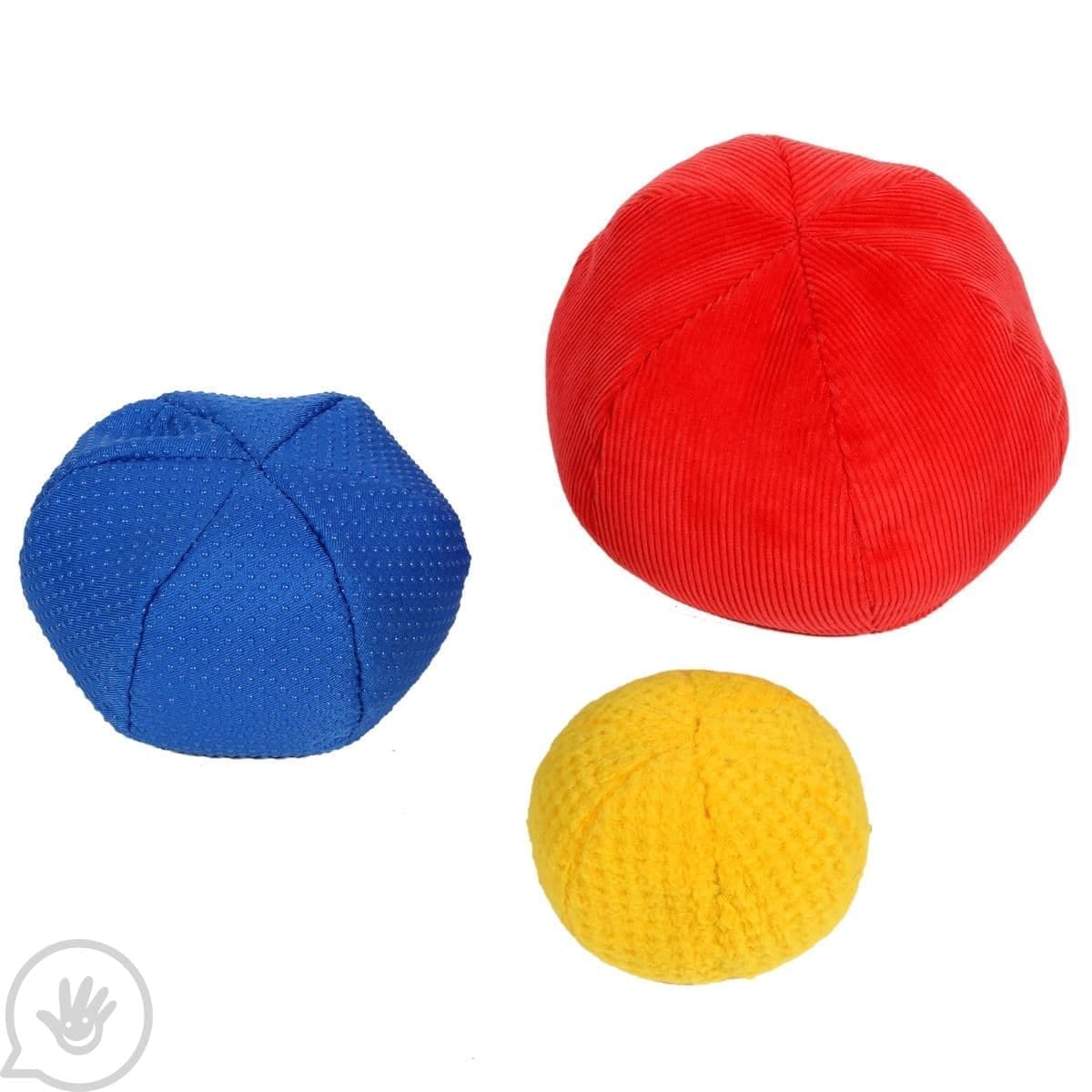
Weighted Textured Balls – Set of 3
Engage the senses while strengthening grip—great for calming fidgeting and improving hand coordination.
⭐ 5 out of 5
(1 review)
🔗 Secure purchase via funandfunction.com
👉 Get It on Fun and Function
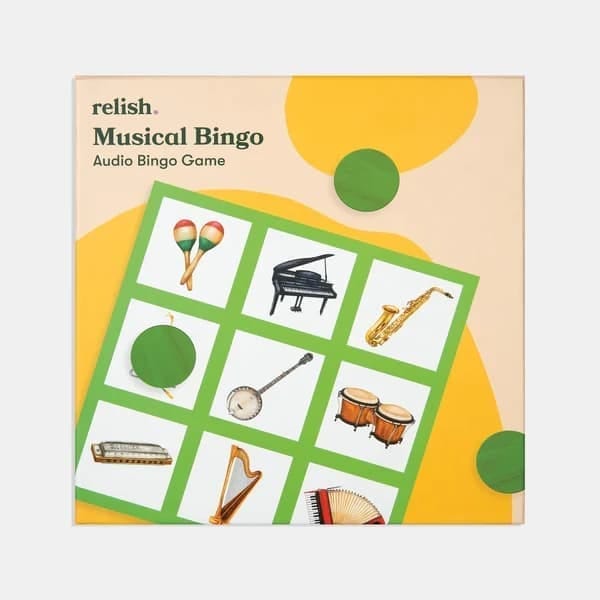
Musical Dementia Bingo
Combines the joy of bingo with the cognitive and emotional benefits of music therapy in a fun group setting.
⭐ 4.7 out of 5
(3 reviews)
🔗 Secure purchase via Relish-life.com
👉 Get It on Relish

Companion Pet Cat
Brings calm, joy, and emotional connection—without the effort of caring for a real pet.
⭐ 4.5 out of 5
(734 reviews)
🔗 Secure purchase via joyforall.com
👉 Get It on Joy for All

Companion Pet Pup
Interacting with this lifelike pup can spark emotional memories and bring comfort through familiar routines and affection.
⭐ 4.5 out of 5
(177 reviews)
🔗 Secure purchase via joyforall.com
👉 Get It on Joy for All
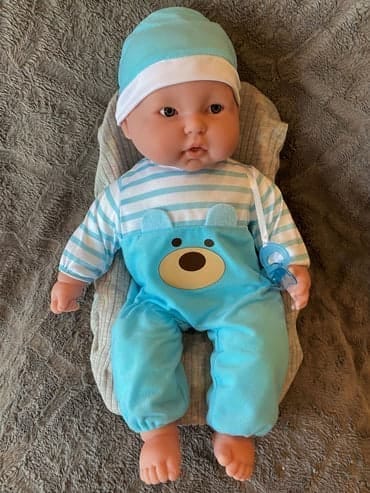
Unisex Baby "Marty" – Doll Therapy
Can help reduce anxiety, spark positive memories, and create meaningful moments of connection.
✅Meets all US federal safety standards for institutional use
🔗 Secure purchase via memorablepets.com
👉 Get It on Memorable Pets
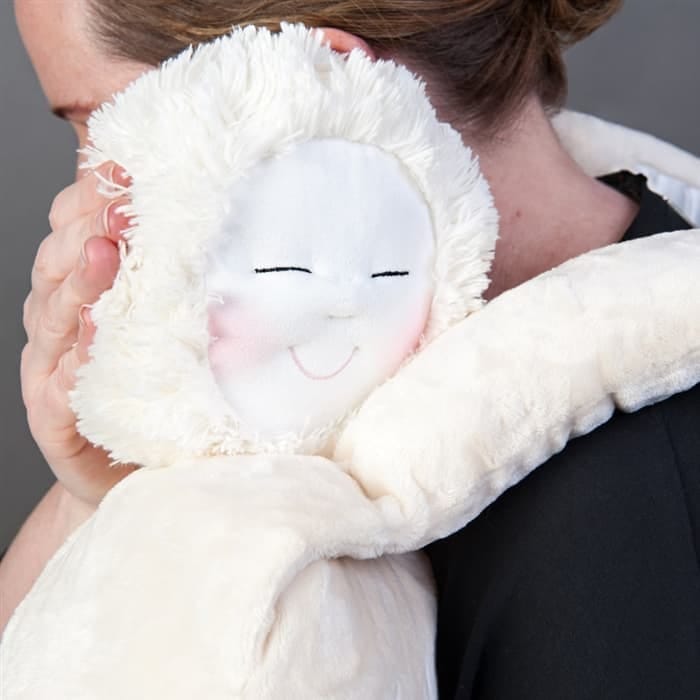
HUG Sensory Doll
Encourages connection in those with limited verbal skills. Its simulated heartbeat helps promote calm and emotional comfort.
⭐ 5 out of 5
(2 reviews)
🔗 Secure purchase via alzstore.com
👉 Get It on The Alzheimer’s Store
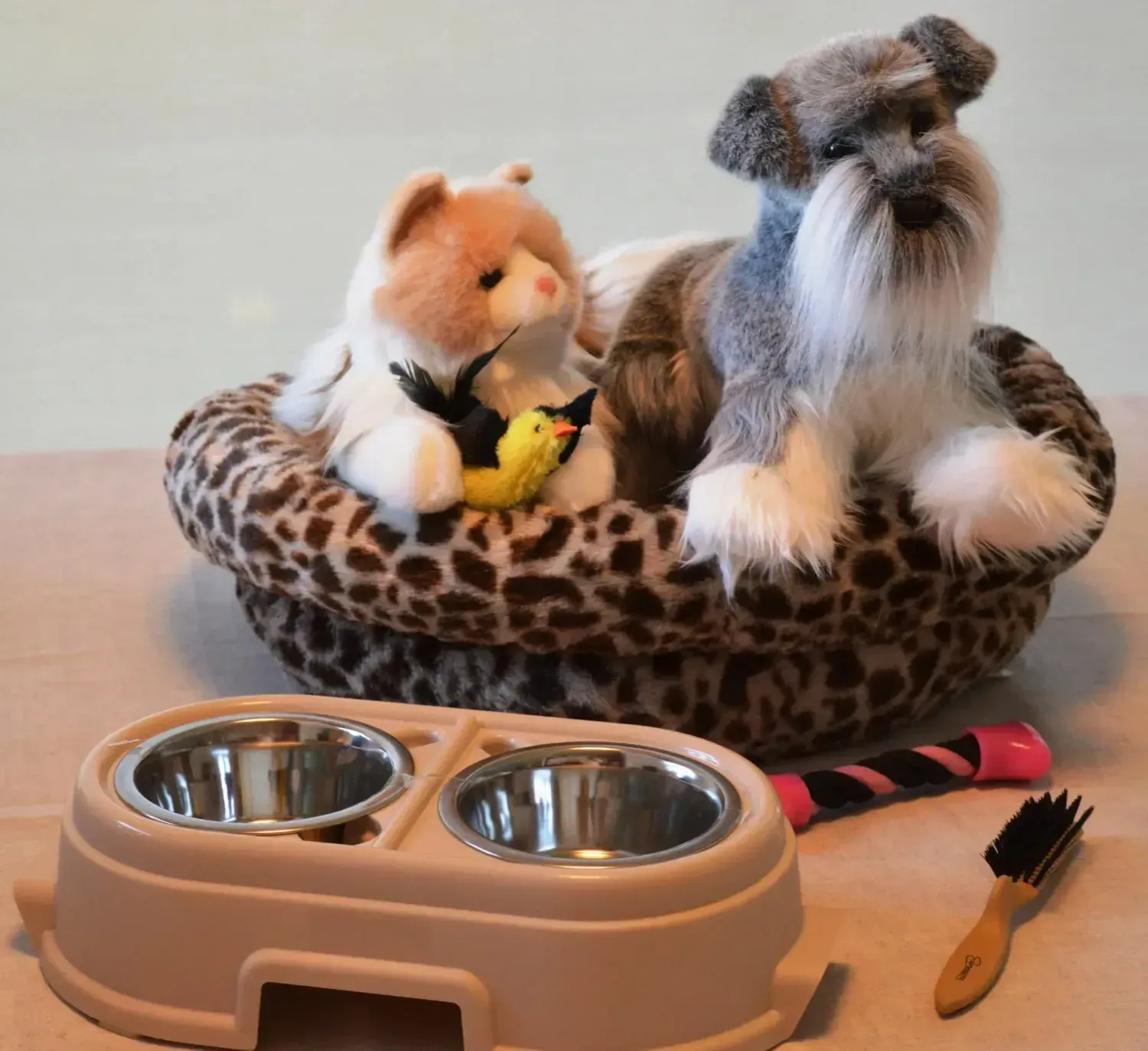
Pet Shop Kit with 2 Memorable Pets
Promotes purposeful play and realistic caregiving routines that bring joy, comfort, and reassurance.
🐾Supports memory and daily structure through meaningful activity
🔗 Secure purchase via memorablepets.com
👉 Get It on Memorable Pets
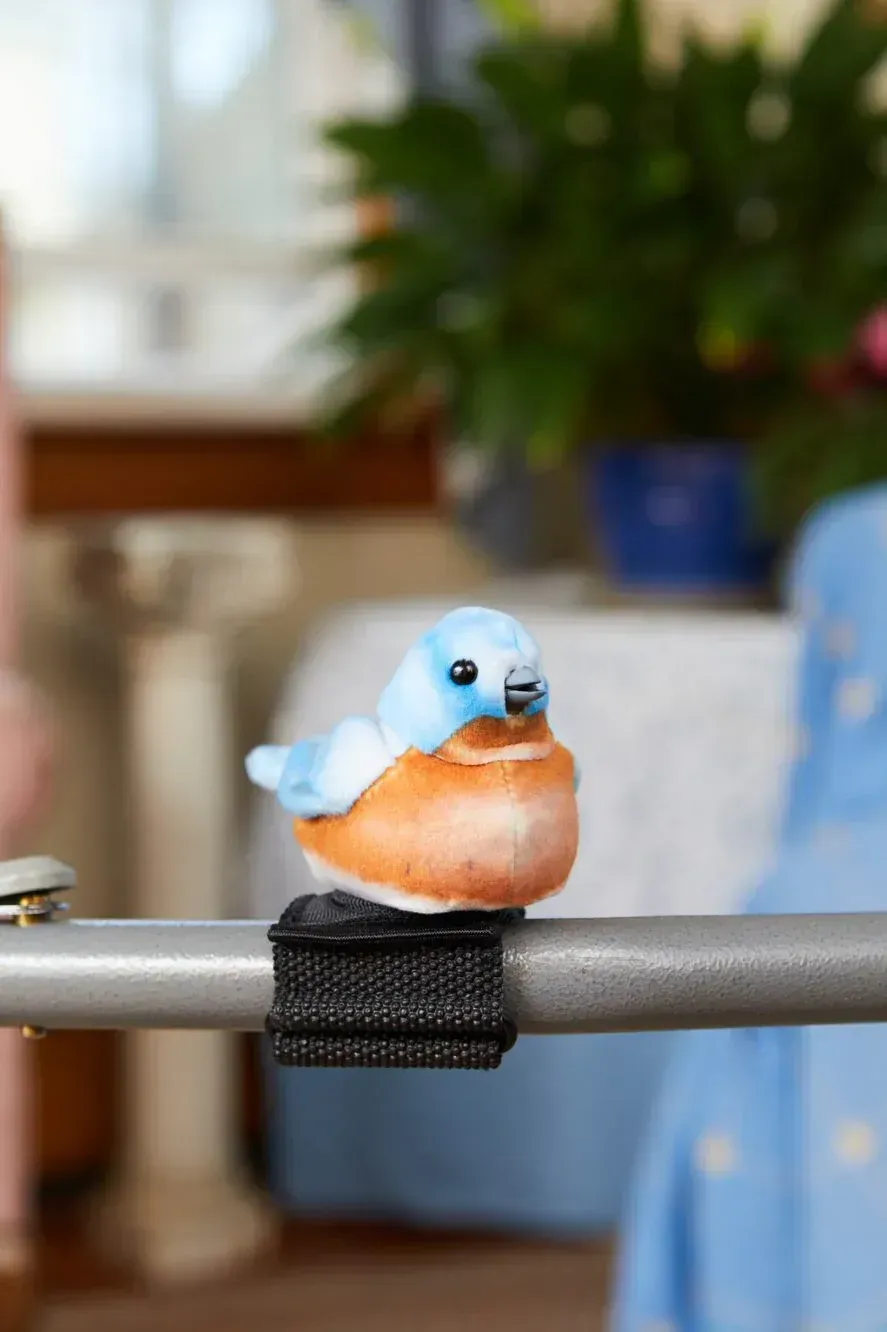
Walker Squawker Bluebird – Companion Pet for Seniors
Chirps and responds to motion, encouraging movement while providing joyful interaction.
⭐ 4.6 out of 5
(13 reviews)
🔗 Secure purchase via joyforall.com
👉 Get It on Joy for All
FAQ
In the late stage of dementia, your loved one may:
Lose the ability to speak or communicate clearly.
Need full help with eating, dressing, and personal care.
Have difficulty walking or sitting up.
Sleep more during the day.
Lose awareness of their surroundings.
Become more vulnerable to infections.
These changes can be challenging, but they are part of the natural progression of the disease.
You can help by:
Keeping a calm, comforting environment.
Assisting with feeding and ensuring they stay hydrated.
Turning them in bed to prevent bedsores.
Using soft blankets, therapy dolls, or comforting music.
Speaking gently, even if they cannot respond, as hearing may still bring comfort.
Working with healthcare providers for medical and comfort needs.
Entertainment in this stage focuses on comfort and gentle engagement. Try:
Playing soft, familiar music.
Offering hand massages or gentle touch.
Using soft sensory blankets or textured lap pads.
Letting them hold a therapy doll or comforting plush.
Reading short, soothing passages aloud, even if they can’t respond.
These activities can provide emotional comfort and connection.
Comfort items include:
Soft therapy dolls and companion pets for reassurance.
Weighted blankets or lap pads for calming anxiety.
Adaptive clothing to ease dressing.
Easy-grip utensils for feeding.
Soft lighting and calming music for a peaceful environment.
These items can help bring moments of calm and dignity during daily care.

Affiliate Disclosure:
This website contains affiliate links. If you click on these links and make a purchase, we may earn a small commission at no additional cost to you. These commissions help us keep this site running and allow us to continue creating helpful content to support caregivers and families.